The Three Red Lines triggered a liquidity crises as the new regulatory requirements stipulated that real estate companies / developers must have:
- A liability to asset ratio of less than 70%.
- A net gearing ratio (debt-equity divided by shareholders’ equity) of less than 100%.
- A cash to short-term borrowing ratio of at least 1.
In just a few months, to the horror of the Chinese government and the tens of millions of home owners who have yet to collect their keys due to the incomplete state of their properties, China's property sector slumped as large developers defaulted - starting from Evergrande - the most indebted of China's private homebuilders with overwhelming liabilities exceeding USD$300 billion.
One after another, huge developers started to default and collapse causing building construction to halt, property sales slowing to a trickle due to lack of confidence among home buyers and leading to a dramatic drop in housing prices across China.
When home buyers / investors buy a newly launched condo that has yet to be completed or built, we refer to these condos as Buildings Under Construction (BUC) referring to a buildings, structures, or projects that is unfinished but actively being worked on. Usually unless a building receives its Temporary Occupancy Permit (TOP), it will fall under this category.
So why is Singapore different from China?
Real estate consultant Kiwi Lim believe there are two main differences in our BUC's structure that prevent Singapore's BUC market from turning into a crisis of incomplete BUC homes like what China is facing now.
Progressive Payment Scheme (PPS)
In China, homebuyers pay the full payment upfront for a BUC home. After paying the initial deposit for the BUC property, buyers often take bank loans where the bank will pay to the developer the full balance immediately for the property. These presale funds essentially offer interest-free loans for property developers, which they have the liberty to use at their disposal. This is the reason why home owners in China are now laden with the debt for the full sum of the property even though the property is uncompleted with some seeing only the foundations completed.
In Singapore, the government protects home owners buying BUC properties by limiting the amount of money home buyers need to pay for BUC projects through the Progressive Payment Scheme (PPS). This scheme is very helpful for home owners buying BUC properties as it allows them to manage their loan payments progressively rather than pay for the whole property at one go. So in Singapore, home owners buying BUC projects only pay when certain construction milestones are reached.
In China, the funds from the sale of the BUC projects from home buyers and the banks are essentially considered as interest-free loans for property developers, which the property developers have the liberty to use at their disposal for any other projects, or further diversification of businesses, etc.
In Singapore, the government acts to protect local home buyers from seeing their BUC condos from becoming unfinished and stalled housing projects through the HOUSING DEVELOPERS (CONTROL AND LICENSING) ACT. In this act, under Chapter 130 section 22 - we have the Housing Developer's (Project Account) Rules that requires Singapore developers to deposit purchase money from home buyers & banks into specific Project Accounts for each BUC project.
Under the ACT, a licensed housing developer shall deposit forthwith upon receipt all instalments of purchase money (including the booking fee) payable by a purchaser towards the purchase of a unit in a building project prior to the grant of the temporary occupation permit by the competent authority for the unit, including any instalment of purchase money payable by the purchaser towards the purchase of the unit upon the grant of the temporary occupation permit, into the Project Account of the building project. The licensed housing developer shall also have to deposit any loan for the construction of a building project into the Project Account of the building project.
The usage and application of moneys in the specific Project Accounts are for specific purposes. No moneys in a Project Account of a building project shall be withdrawn by a licensed housing developer except for all or any of the following purposes:
(a) the payment of property tax levied in respect of the land on which the building project is carried out;
(b) the payment of stamp duty payable on a mortgage to secure any loan for construction of the building project;
(c) the payment of legal fees in respect of --
(i) the sale and purchase of the units in the building project;
(ii) any mortgage to secure loans for construction of the units in the building project; and
(iii) any other matters relating to the building project;
To read more on the Housing Developer (Project Account) Rules, you may click here
"The massive halting of construction in China may see a reduction in the cost of construction in Singapore as China is the world's largest buyer of construction materials due to its booming property market previously, accounting for more than half of the global total demand for steel, etc." said Kiwi Lim
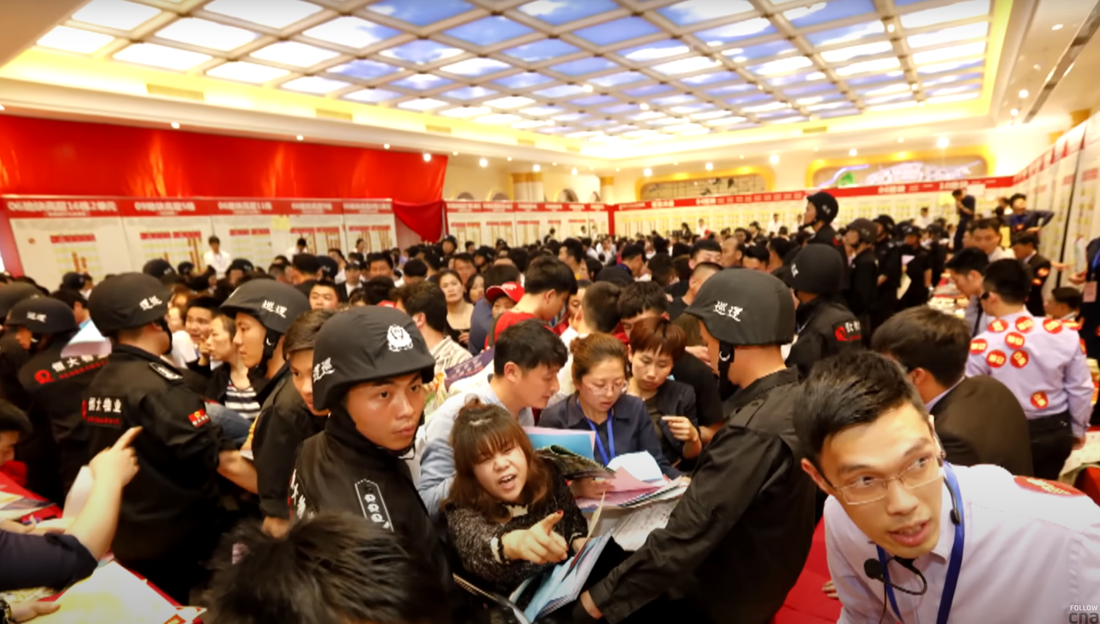
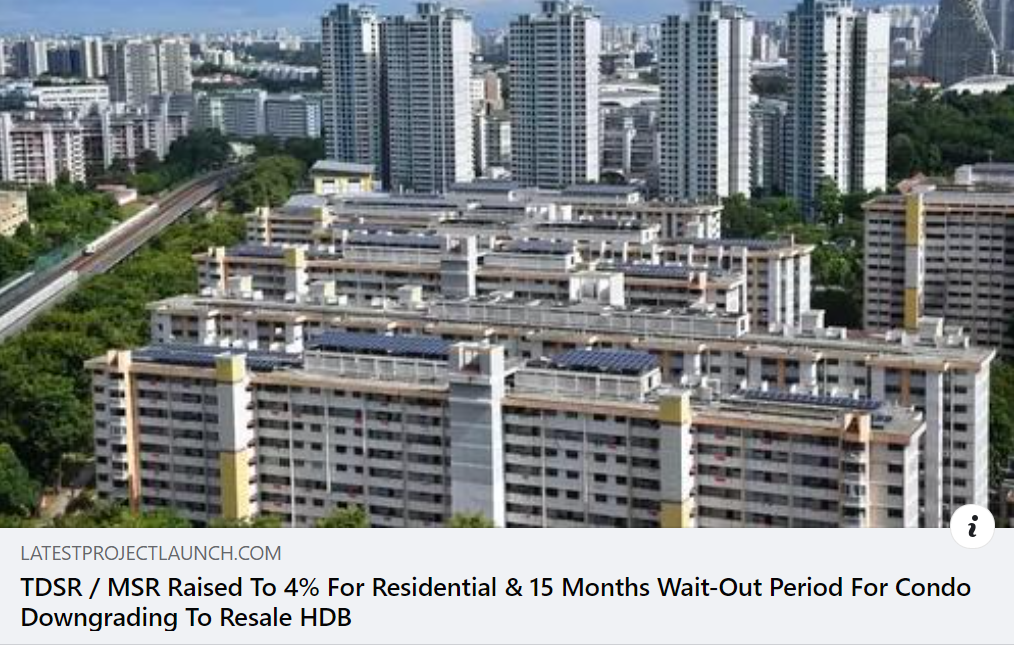

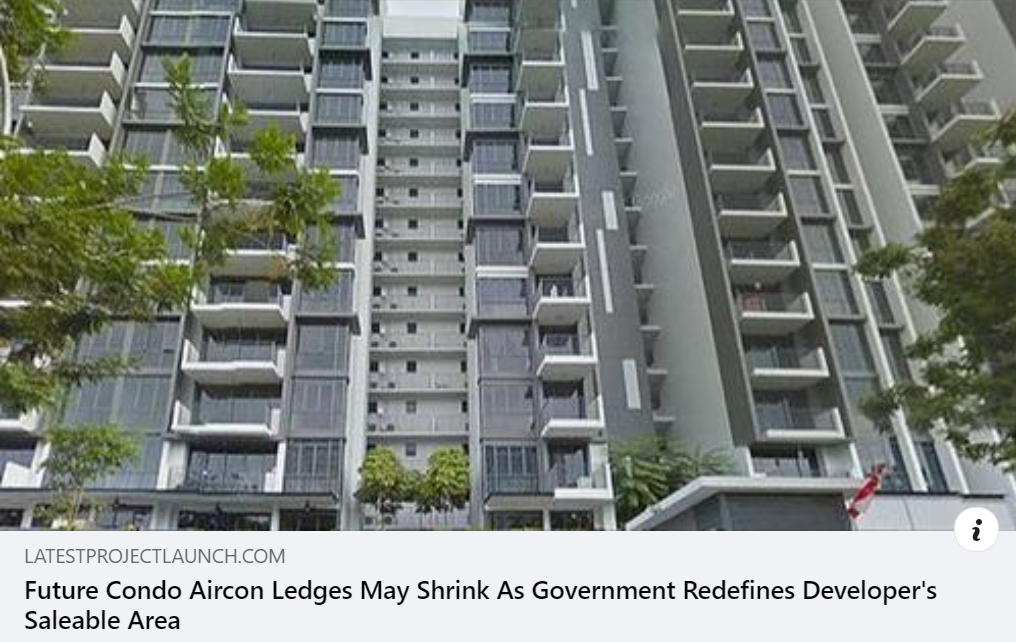
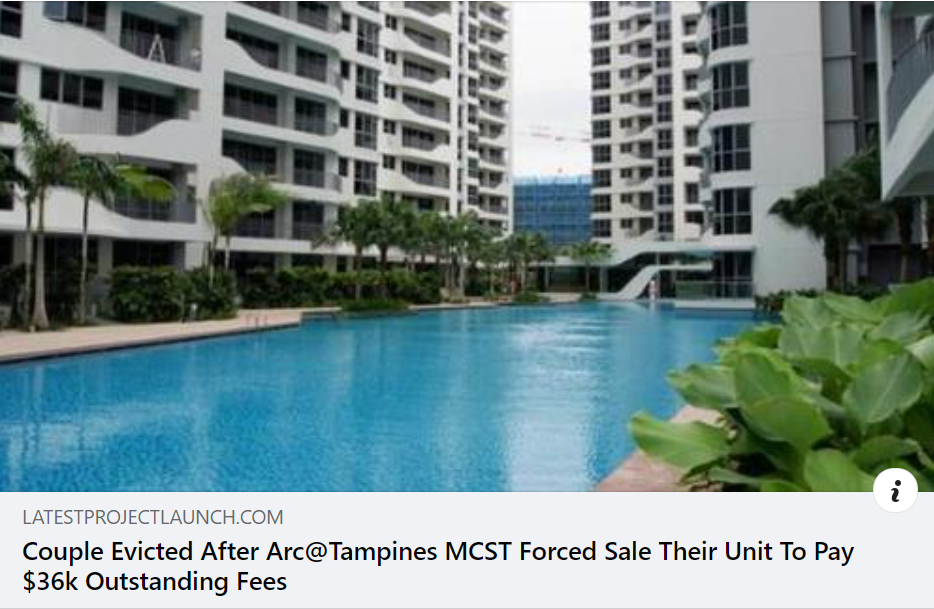
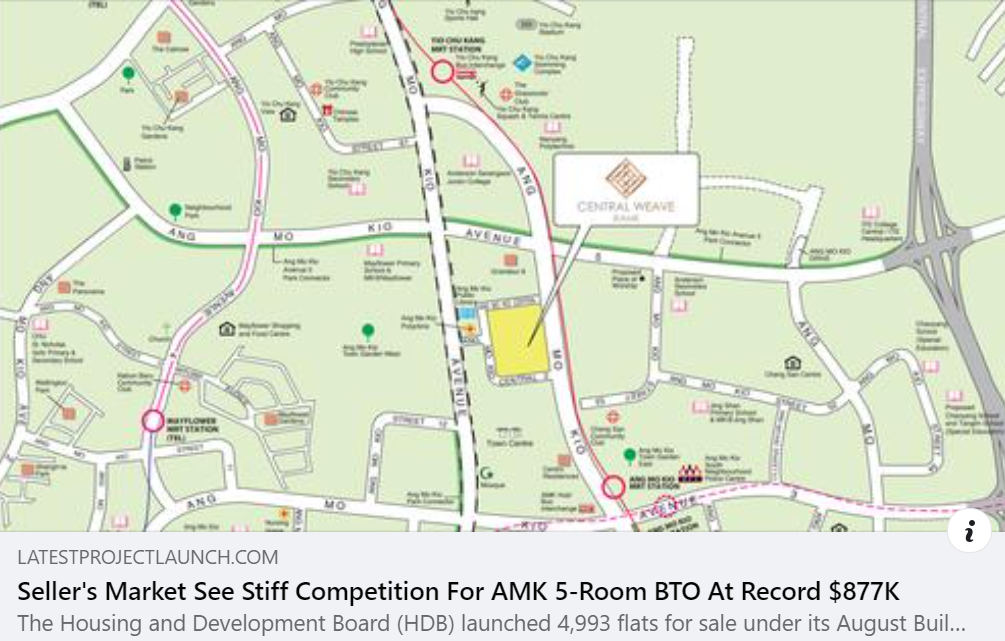




 RSS Feed
RSS Feed
